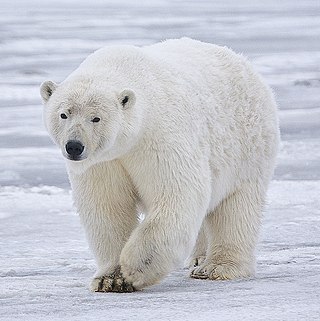See also
Surname list
This page lists people with the surname Easterling. If an internal link intending to refer to a specific person led you to this page, you may wish to change that link by adding the person's given name(s) to the link.
Easterling is an English surname. Notable people with the surname include:
Stephens is a surname. It is a patronymic and is recorded in England from 1086.
Cronin is derived from the Irish surname Ó Cróinín which originated in County Cork, and the Old Irish word crón, meaning saffron-colored. The Cronin family have been prominent in politics and the arts in Ireland, the United States, Australia and the United Kingdom since the nineteenth century.
Ratliff is a surname of British origin, which is a habitational name for a person from any of the places in Britain called Ratcliffe, Radcliffe, or Redcliff, which in turn are variants on the phrase "red cliff". The surname may also be spelled Ratcliff, Radcliff, Ratcliffe, or Radcliffe. Ratliff may refer to:
Schaefer is an alternative spelling and cognate for the German word schäfer, meaning 'shepherd', which itself descends from the Old High German scāphare. Variants "Shaefer", "Schäfer", the additional alternative spelling "Schäffer", and the anglicised forms "Schaeffer", "Schaffer", "Shaffer", "Shafer", and "Schafer" are all common surnames.
Tatum is an English toponymic surname. It derived from Tatham, a parish in North Lancashire. Notable people with the surname include.
Jefferies is a surname. Notable people with the surname include:
Nieman is a Dutch and Low German surname that originated as a nickname for either an unknown or nameless person or a newcomer to a place People with this surname include:
Bostick is a surname, a variation of the English surname Bostock. Notable people with the surname include:
McNeal is a surname. Notable people with the surname include:
Yount is an English surname. Notable people with the surname include:
The surname Bush is derived from either the Old English word "busc" or the Old Norse "buskr," both of which mean "bush," a shrub, and was probably used for someone who lived in a bushy area.
Sheridan is an Irish surname. It is derived from the Irish Gaelic Ó Sirideáin 'descendant of Sirideáin', a given name meaning 'to seek'. Originating in County Longford, the Sheridans were erenaghs of Granard, but in the County Cavan served the O'Reillys.

McIlwain is a surname. Notable people with the surname include:
Sterling is an English surname. One source attributes this surname to a contraction of Easterling, "a name given to Hanse merchants" and nothing more than a compass point-associated name. A second source suggests that this was a nickname from a Middle English term for coin: sterling.
Lake is an English surname.
Law is a surname, of English, Scottish, Cantonese, or Chinese origin. In Scotland, the surname means dweller at the low; as in a hill. Another origin of the surname is a contraction of Lawrence, or Lawson.
Freeland is a surname. Notable people with the surname include:
Maton is a surname. Notable people with the surname include:
Tavener is a surname. Notable people with the surname include:
Poulson is a surname. Notable people with the surname include: